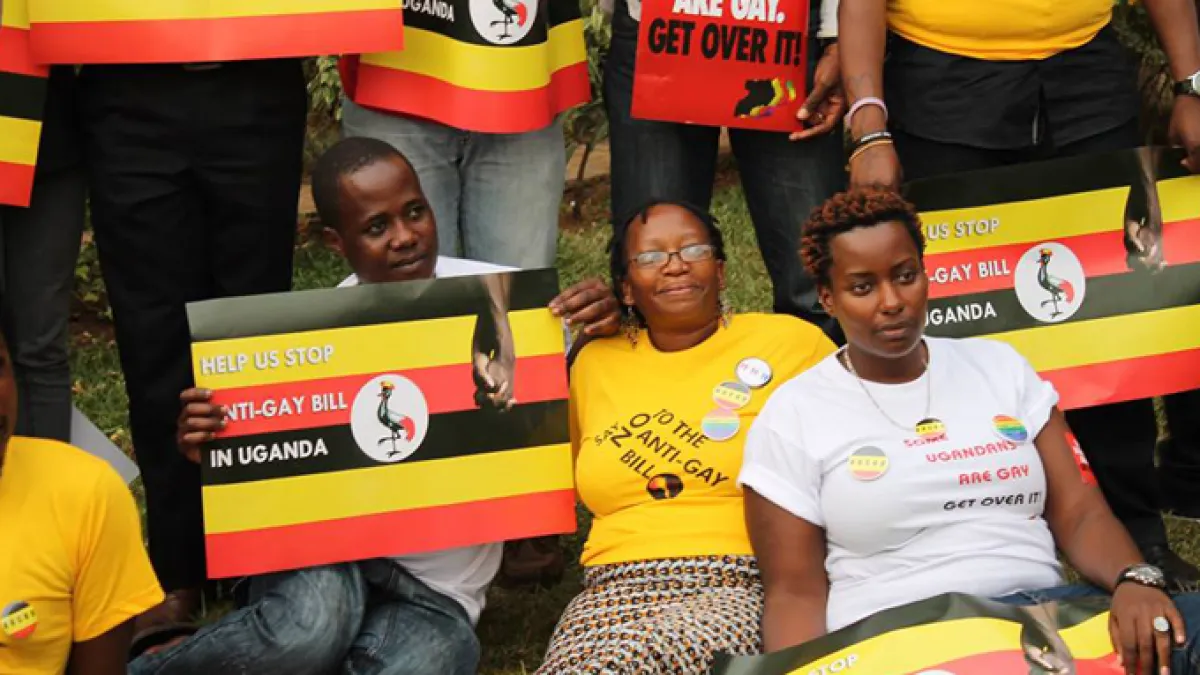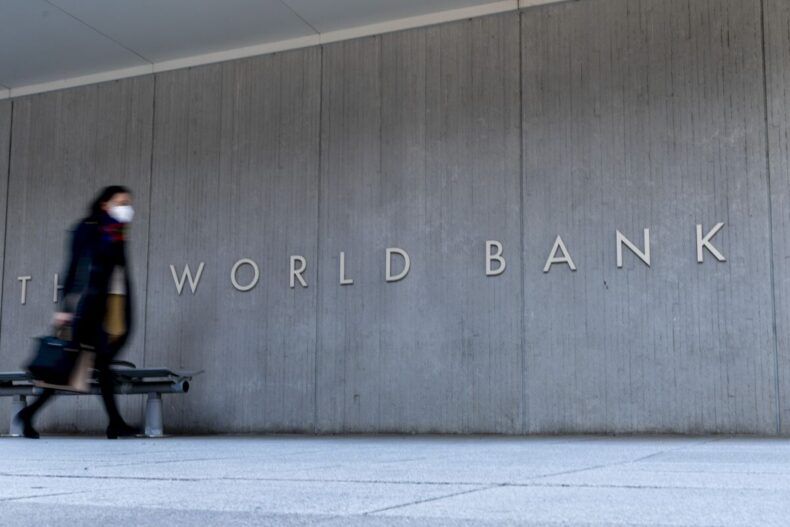In a resolute gesture that resonates through diplomatic corridors, President Yoweri Museveni of Uganda has raised a robust defense against the World Bank’s recent decision to suspend new funding in response to the country’s contentious anti-LGBTQ law. This unyielding stance has stirred diplomatic tensions and spotlighted the intricate interplay between principles, sovereignty, and international relationships.
World Bank Funding Suspension Ignites Diplomatic Friction
The suspension of new funding by the World Bank has sent ripples of unease across Uganda’s diplomatic landscape. The World Bank’s assertion that the anti-LGBTQ law contradicts its core values has prompted a bold step to halt funding until measures are devised to prevent discrimination within the projects it finances. This unprecedented move has not only sparked discourse within diplomatic circles but has also underscored the delicate balance between financial support and adherence to fundamental rights.
Anti-LGBTQ Legislation: A Polarizing National Discourse
The passage of the anti-LGBTQ law in May has evoked sharply contrasting responses. Internationally, the legislation’s introduction of the death penalty for select same-sex acts has elicited fervent condemnation from human rights organizations, Western governments, and global citizens advocating for LGBTQ rights. At home, however, the law has garnered considerable support, revealing a societal divide that mirrors the complexity of the issue.

President Museveni’s Unyielding Resolve
Undaunted by external pressures, President Museveni’s unwavering stance underscores Uganda’s commitment to its principles and autonomy. Rejecting attempts to wield financial influence as a means of coercion, Museveni has affirmed Uganda’s capacity to explore alternative credit sources while steadfastly safeguarding its cultural identity and national sovereignty.
Economic Prospects and Borrowing Alternatives
Beyond the diplomatic ramifications, Uganda’s economic landscape takes center stage in the wake of the funding suspension. As the nation seeks to diversify its borrowing avenues, President Museveni highlighted the potential revenue stream from impending oil production, expected to commence by 2025. This economic lifeline serves as a beacon of hope amid funding uncertainties.
Global Backlash and Domestic Dynamics
The international response to Uganda’s anti-LGBTQ law extends beyond the World Bank’s funding suspension. The United States’ imposition of visa restrictions on certain Ugandan officials and President Joe Biden’s directive to review U.S. aid signal broader diplomatic repercussions. These actions are juxtaposed against a backdrop of domestic sentiments, where the legislation resonates with segments of Ugandan society.
In this intricate dance of diplomacy, national sovereignty, and financial stability, Uganda stands at a pivotal juncture. President Museveni’s call for the World Bank’s reconsideration beckons the prospect of dialogue and potential resolution. As Uganda navigates the crossroads of international relations, it grapples with the delicate equilibrium between upholding its core values and traversing the evolving landscape of global governance.
An International Divide: Perspectives on Human Rights and National Sovereignty Collide
The clash between international human rights standards and the assertion of national sovereignty underscores a fundamental divide. While the anti-LGBTQ law draws criticism for infringing upon individual freedoms, Uganda’s response underscores the significance of preserving cultural integrity and asserting the nation’s unique identity on the global stage.
As the world watches, Uganda’s resolute stance continues to shape the narrative, setting a precedent for the delicate balance nations must strike between human rights advocacy and the assertion of self-determination. In this evolving saga, the confluence of diplomacy, principles, and economic viability provides a compelling backdrop against which Uganda’s future is poised to unfold.













